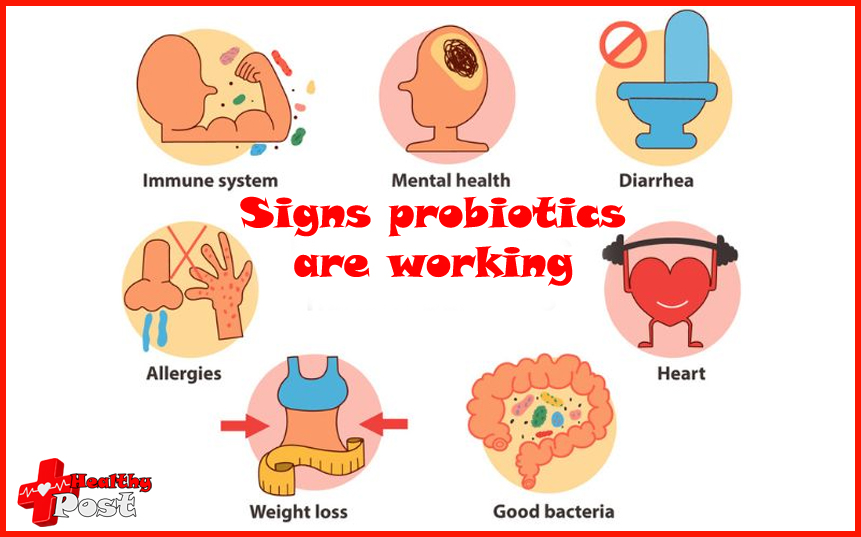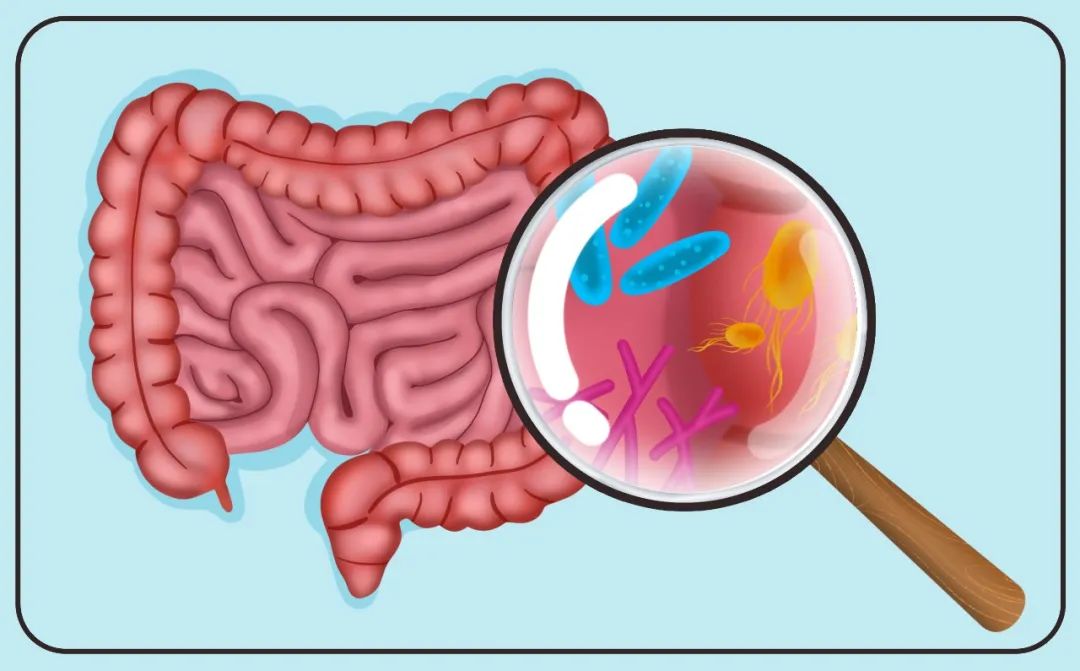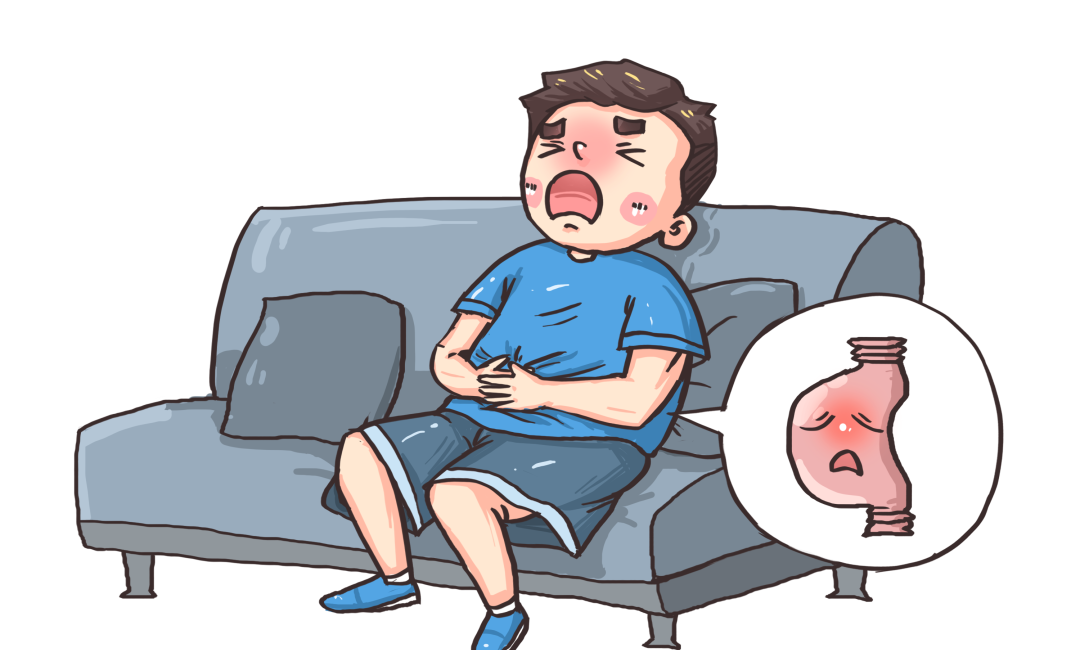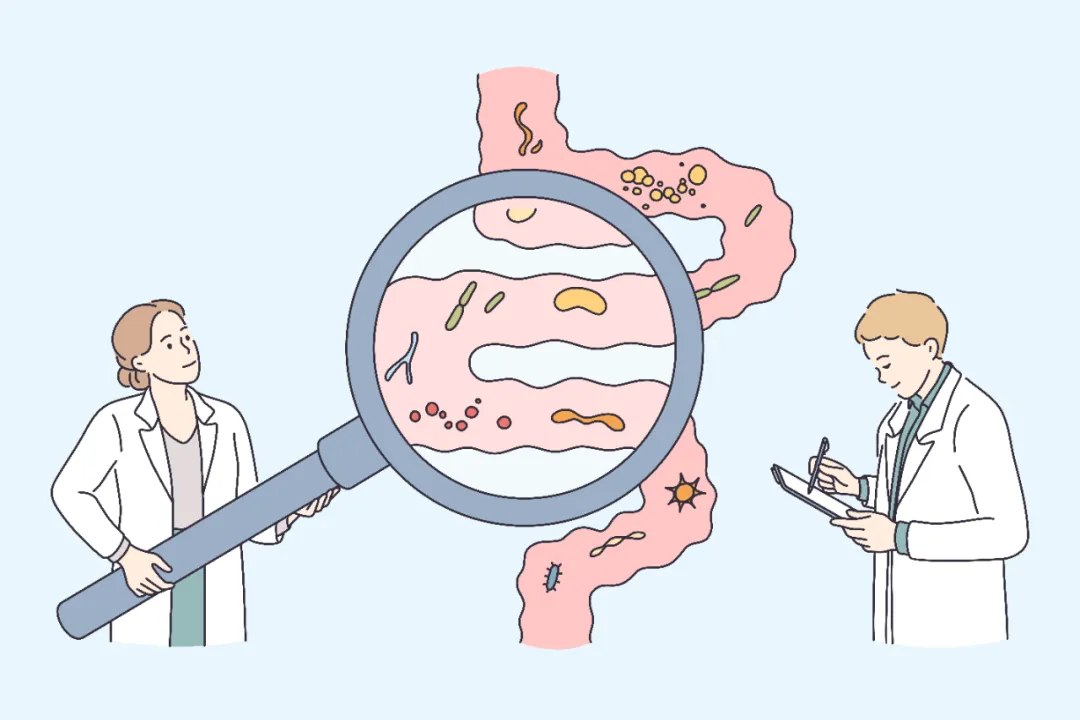
What is probiotics ? signs probiotics are working
There are 10 trillion bacteria living in the human intestine. That’s 10 times the number of cells in an adult human. There are good and bad among them. But there is a kind of bacteria We can hardly live without it. Today I will introduce you to Probiotics. What is probiotics ? signs probiotics are working.
What are probiotics?
Probiotics are microorganisms that are beneficial to human health and are commonly found in dairy products and fermented foods. They mainly include lactic acid bacteria and bifidobacteria. They live in our digestive tract, help maintain the balance of intestinal flora, help digest food, promote nutrient absorption, and also have a certain regulatory effect on the immune system.
What are probiotics, prebiotics and synbiotics?
Probiotics: refers to active microorganisms that are beneficial to the health of the host.
Prebiotics: refers to substances that can be selectively utilized by the host’s flora and converted into substances that are beneficial to the host’s health.
Synbiotics: It is a combination of probiotics and prebiotics. A good synbiotic is not simply a combination of probiotics and prebiotics, but should work synergistically to achieve the effect of 1+1>2.
The role of probiotics
Aid digestion: Probiotics help break down food to facilitate the absorption of nutrients by the intestines;
Maintain the balance of intestinal flora: There are many kinds of microorganisms in our intestines. Probiotics can help maintain the balance of these microorganisms and prevent the growth of harmful bacteria;
Enhance immunity: Probiotics can stimulate the immune cells of the intestinal mucosa, enhance the function of the immune system, and improve the body’s resistance;
Improve constipation: Some probiotics can increase the water content in the intestines, soften the stool, and thus relieve constipation.
Classification of probiotics
Lactobacillus
Lactobacillus acidophilus, Lactobacillus bulgaricus, Lactobacillus casei, Lactobacillus fermentum, Lactobacillus rhamnosus, etc.
Bifidobacterium
Bifidobacterium infantis, Bifidobacterium animalis, Bifidobacterium thermophilum, Bifidobacterium lactis, etc.;
Enterococcus
Enterococcus faecalis and Enterococcus faecium;
Streptococcus
Streptococcus thermophilus, Streptococcus lactis, etc.
Bacillus
Bacillus subtilis, Bacillus licheniformis, Bacillus coagulans, etc.
Clostridium
Clostridium butyricum;
Saccharomyces
Saccharomyces boulardii.
Which groups of people need to supplement with probiotics?
Probiotics are present in everyone’s body, but due to aging, environmental pollution, medication and lifestyle habits, the probiotics in the body are destroyed in large numbers, and the dynamic balance we mentioned at the beginning cannot be achieved. The number of probiotics is decreasing, leading to more and more invasion of pathogenic bacteria.

Artificially-fed babies, premature babies, low-birth-weight babies, babies born by cesarean section, etc. who have low immunity and are prone to colds and intestinal diseases need to supplement with probiotics to promote intestinal absorption and increase immunity.
For people suffering from constipation and diarrhea, probiotics can promote intestinal motility and enhance the balance of intestinal flora, thereby effectively treating constipation and diarrhea.
People with indigestion and enteritis.
For middle-aged and elderly people whose intestinal functions gradually weaken, the amount of probiotics such as Bifidobacterium in the intestines decreases with age. Appropriate supplementation of probiotics is a beneficial health care measure.
People who are congenitally lactase deficient will experience abdominal distension and diarrhea when the enzyme is lacking or lactose cannot be broken down. Appropriate supplementation with probiotics has a good effect.
Application of probiotics in digestive system diseases
Acute and chronic diarrhea
Probiotic preparations can improve diarrhea symptoms and shorten the course of diarrhea. Commonly used preparations include Saccharomyces boulardii, Bifidobacterium quadruple live bacteria tablets, Bacillus subtilis dual live bacteria granules, Clostridium butyricum live bacteria powder, and Bacillus licheniformis live bacteria granules.
constipate
Probiotics can improve the intestinal transit time of feces, increase the frequency of intestinal movement, and significantly improve the frequency of bowel movements and stool viscosity. The “Evidence-Based Guidelines for the Clinical Application of Probiotics in Pediatrics” and the “Chinese Expert Consensus on the Clinical Application of Intestinal Microecological Preparations in the Elderly (2019)” both recommend the use of probiotic preparations to improve functional constipation in the applicable population, and commonly used preparations related to Bifidobacterium, Bacillus subtilis, and Clostridium butyricum are used.
Inflammatory bowel disease
In Crohn’s disease and ulcerative colitis, probiotics can reduce inflammation and help restore intestinal barrier function.
Functional gastrointestinal disorders
It can improve meal-related symptoms such as bloating and loss of appetite. In the treatment of irritable bowel syndrome (IBS), probiotics can improve symptoms by regulating intestinal flora, improving intestinal mucosal barrier, regulating intestinal immune function and reducing visceral hypersensitivity.

Helicobacter pylori gastritis
The Consensus on Clinical Application of Digestive Tract Microecological Regulators in China (2016 Edition) proposes that the combined use of Saccharomyces boulardii can improve the eradication rate and reduce side effects in the eradication treatment of Helicobacter pylori. The Evidence-Based Guidelines for Clinical Application of Probiotics in Pediatrics recommends the combined use of Saccharomyces boulardii, Bifidobacterium tetravalent live bacteria, Clostridium butyricum dual live bacteria, Bacillus subtilis dual live bacteria, Bifidobacterium lactobacillus triple live bacteria and Bifidobacterium triple live bacteria for children with Helicobacter pylori infection.
Cirrhosis
Due to the imbalance of intestinal microecology and changes in intestinal bacterial metabolism, patients with cirrhosis are prone to complications such as spontaneous peritonitis (SBP) and hepatic encephalopathy. Probiotics can reduce the possibility of the above complications by affecting the acid-base balance of the intestine, reducing the absorption of intestinal toxins, and improving the body’s immune level, and can be used as an auxiliary treatment for cirrhosis.
Precautions for taking probiotics

Brew with warm water: Use warm boiled water (not exceeding 40℃) to brew, otherwise the probiotics will easily lose their activity.
Drink immediately after brewing: Drink immediately after brewing, otherwise the probiotics will be inactivated due to being exposed to the air for too long.
Avoid taking with certain drugs at the same time: Most probiotics are sensitive to antibiotics, and the combined use with antibiotics should be separated by more than 2 hours. Preparations of Saccharomyces boulardii, Bacillus and Clostridium butyricum are not sensitive to antibacterial drugs and can be taken with antibacterial drugs. Bismuth preparations can inhibit, adsorb or kill live bacteria and should not be used in combination with probiotic preparations.
Adverse reactions and contraindications: Probiotic preparations have few and mild adverse reactions, the most common of which are nausea, abdominal distension, diarrhea, abdominal distension, and others include palpitations, dizziness, etc. It is contraindicated in patients with immune deficiency and short bowel syndrome, and should be used with caution in patients with immune deficiency and severe damage to the intestinal mucosal barrier.
Storage conditions: Except for Bacillus licheniformis, Clostridium butyricum, Bacillus coagulans and Bacillus subtilis preparations which can be stored at room temperature, other intestinal probiotic preparations need to be stored at low temperatures, and pay attention to avoiding light and keeping them sealed.
What Are Signs Probiotics Are Working?
Probiotics have gained immense popularity for their role in supporting gut health and overall well-being. These live microorganisms can balance the bacteria in your digestive system, leading to numerous health benefits. But how can you tell if probiotics are working? In this article, we will explore the signs that indicate your probiotics are making a positive difference. We’ll also discuss what to expect during the process and how to maximize their effectiveness.
Improved Digestion
One of the first signs that probiotics are working is improved digestion. You might notice a reduction in bloating, gas, or indigestion. Probiotics help break down food more efficiently, making it easier for your body to absorb nutrients. If you feel lighter and more comfortable after meals, it’s a good indication that your probiotics are taking effect.
Some people may experience mild digestive discomfort when starting probiotics, but this usually resolves as your gut adjusts. Consistency is key to seeing lasting benefits.
Regular Bowel Movements
Probiotics are often recommend for those with irregular bowel movements or constipation. A healthier gut microbiome promotes better bowel regularity. If you’ve struggled with infrequent or uncomfortable bowel movements, probiotics can help.
You might also notice that your stool consistency improves. Probiotics regulate the water balance in your colon, which contributes to smoother digestion and easier elimination.
Enhanced Immune Function
Did you know that most of your immune system resides in your gut? Probiotics support the production of antibodies and boost your body’s ability to fight off infections. If you find yourself catching fewer colds or recovering faster from illnesses, it could be a sign that probiotics are strengthening your immune system.
This benefit isn’t always immediate. It can take weeks of consistent probiotic use to notice improved immunity, so patience is essential.
Better Mood and Mental Clarity
The gut-brain connection is a well-established concept in medical science. A healthy gut can influence your mood, focus, and mental health. Probiotics are know to produce neurotransmitters like serotonin, which helps regulate mood and emotions.
If you feel happier or more mentally sharp after starting probiotics, it’s a strong indicator they are working. This benefit may take some time to appear but is worth the wait.
Reduced Allergies and Skin Issues
Probiotics can benefit your skin by addressing issues like eczema, acne, or rashes. A balanced gut microbiome reduces inflammation, which can manifest as clearer and healthier skin.
Additionally, probiotics have been show to help alleviate allergy symptoms. If your seasonal allergies or skin problems improve after taking probiotics, it’s a sign they’re having a positive effect.
Increased Energy Levels
Probiotics improve nutrient absorption, allowing your body to get the most out of the food you eat. When your gut is functioning optimally, you’ll likely experience higher energy levels. Fatigue and sluggishness can often be trace back to poor gut health, so a boost in energy may mean your probiotics are working.
This effect can be subtle at first but becomes more noticeable over time as your gut flora stabilizes.
Fewer Food Sensitivities
If certain foods upset your stomach or cause discomfort, probiotics may help. By restoring balance to your gut microbiome, they can reduce inflammation and improve your tolerance to various foods. Over time, you might find it easier to enjoy a wider range of meals without digestive distress.
However, it’s important to continue monitoring your diet and avoid known allergens. Probiotics are not a cure-all but can significantly support your digestive health.
Weight Management
For some, probiotics contribute to weight management by improving metabolism and reducing cravings for unhealthy foods. Certain strains of probiotics have been linked to reduce fat storage and better appetite control.
If you notice gradual weight changes without significant alterations to your diet or exercise routine, it could be a sign that your probiotics are influencing your metabolism positively.
How Long Does It Take for Probiotics to Work?
The time it takes for probiotics to show results varies from person to person. Some people may notice improvements within a few days, while others might take weeks. Factors like the type of probiotic, dosage, and your individual gut health play a role in the timeline.
Consistency is critical. Taking your probiotics at the same time daily and following a healthy diet will help maximize their benefits.
Tips for Enhancing Probiotic Effectiveness
- Choose the Right Strain: Different probiotic strains target specific health concerns. Consult a healthcare professional to find the best one for your needs.
- Stay Consistent: Take your probiotics regularly to maintain a stable gut environment.
- Eat Prebiotic Foods: Prebiotics, such as bananas, garlic, and oats, feed the good bacteria in your gut, helping probiotics thrive.
- Avoid Processed Foods: A diet high in processed foods can counteract the benefits of probiotics. Focus on whole, nutrient-dense foods.
- Monitor Your Progress: Keep track of changes in your digestion, energy levels, and overall health to see how probiotics are working for you.

3 thoughts on “What is probiotics ? signs probiotics are working”